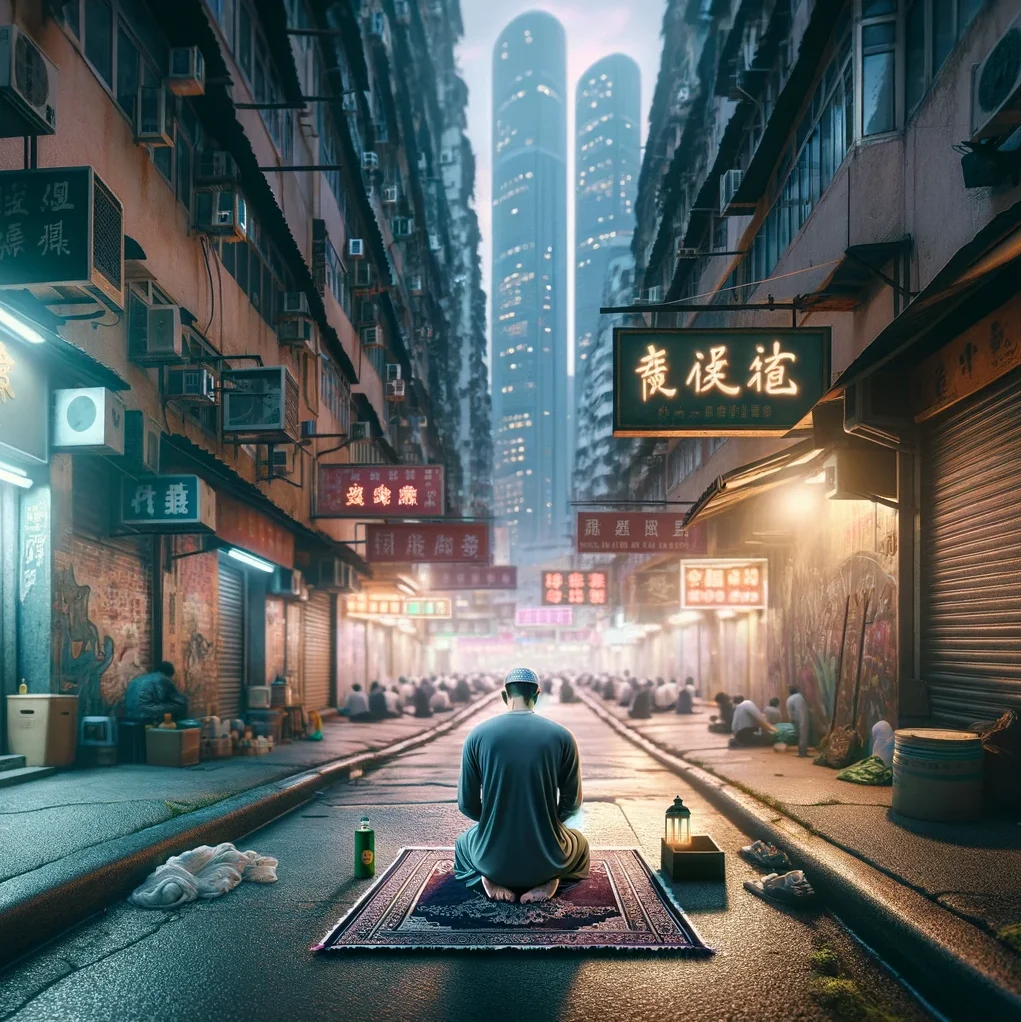Students Are On The Right Side of History & Faith

Over the last week, I have been to five direct actions on campuses across the country and interacted virtually with three others. The students demonstrating for Palestine liberation presented a stark contrast to the portrayals by some media outlets, politicians, and counter demonstrators.
Here are some things I gleaned from spending time with them.
- Well-Informed and Insightful: Contrary to being diamissed as young, ignorant, and misguided about Israel, the occupation, and Palestinian suffering, I found the students to be extremely well-informed. Through direct conversations, talks, and meetings, their knowledge and clear demands impressed me, and I often learned from them, gaining insights that supported my role as a theologian and advocate for Palestinian liberation. They know what they are talking about.
- Mature and Strategic: The characterization of these students as immature and lacking strategic, long-term vision is unfounded. My experiences on campuses showed discipline, organization, commitment to the Palestine, and eagerness for difficult but necessary conversations for tangible change. They displayed an organization and structure that refutes the notion of youth as inadequate. Additionally, many demonstrators are acutely aware of the history and potential legacy of this moment. I saw no evidence of outside support, another accusation to suck the idea of utility from the moment, but saw in some cases, students, many never trained in direct actions, driven to discipline and focus by the obvious failure of American leadership to honestly engage Palestine; as well as driven by their awarness of Palestinian suffering and misery.
- Rooted in Faith: The claim that Muslim demonstrators are detached from Islam and engaging in prohibited behaviors or coalitions that sacrifice their commitmemt to faith is inaccurate. In all instances where students requested my presence, they asked me to share as much as I could, lead prayers, and even set up a night vigil. This moment’s dynamics are well understood by the Muslim students, who display a mature grasp of their coalitions, extending beyond traditional religious settings to unify diverse groups under the cause: End the occupation! Divest now. This may be one of the most significant coalitions involving Muslims in recent years, again showcasing their maturity and discipline. It will come with mistakes, but give them a break. To be brave and slightly error
Is better than no effort in the name of dogma and the truth. This is the earth, not paradise! - Agents of Peaceful Change: Accusations of these students being violent and troublesome do not hold. In the context of movements for change in the USA, there’s “good trouble” and “bad trouble,” and I support the former, aligning with the prophetic tradition of being spiritual agitators. At these campus gatherings, which I attended with my children, we experienced peaceful activities like blowing bubbles, chalk and learning songs of Palestinian joy and suffering. I saw no violence from demonstrators. The real aggression came from law enforcement, pro-Israeli factions, and selective punitive measures by administrations. When rage is justified and right, it is good and prophetic.
Last Friday, on the UT Campus, after I finished my sermon, a man approached me. He said, “I’m a student at UT. I was arrested, manhandled, locked up, and violated. Imam, I’m scared, and I’m Jewish.” Looking into his eyes, I saw tremendous hope mixed with fear. He continued, “I am scared I’m going to lose everything, but I will keep Palestine at the forefront. Can you support me if my life goes awry?” Moved, I assured him of our support. As I left the campus, I reflected on this brave generation. Rather than being criticized, their courage and impact should be acknowledged. This week alone, some administrations committed to hearing and acting on grievances, and some decided to divest from Israel, which continues to disregard international law and perpetrate land theft and ethnic cleansing against Palestinians. It is not the students who should be blamed. It is those who blame them.
